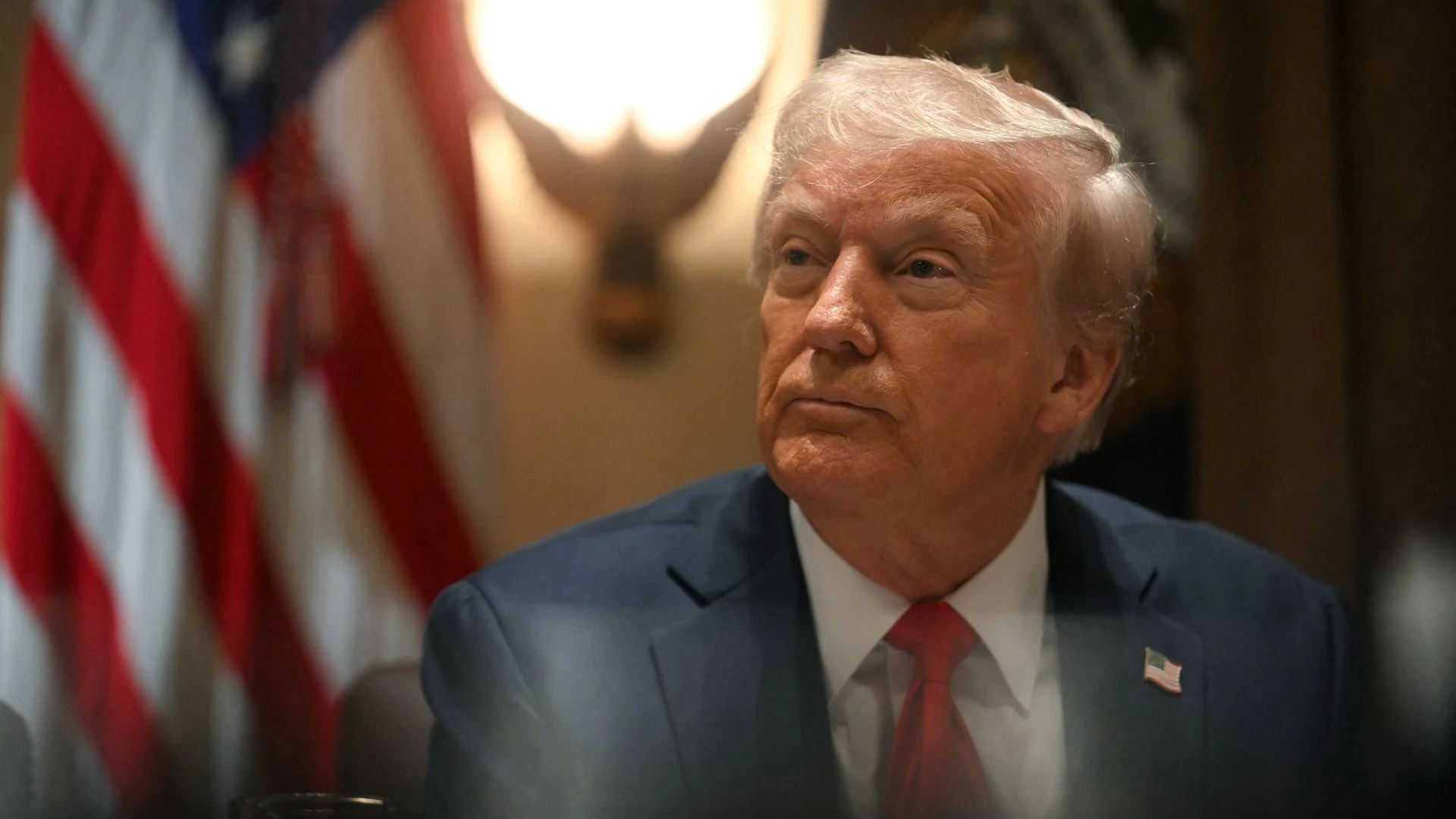Trump Imposes 25% Tariffs on Canada and Mexico Amid Trade War Fears

Image credits: Jim Watson/AFP via Getty Image
President Donald Trump has announced that the United States will impose 25% tariffs on imports from Canada and Mexico, effective Tuesday, in a move that is expected to escalate trade tensions with two of the country's largest trading partners. The tariffs, which were initially proposed in February, have been the subject of intense negotiations between the US, Canada, and Mexico, with all three countries attempting to reach a deal that would avoid the imposition of the tariffs. However, Trump confirmed on Monday that the tariffs would go into effect as planned, citing the need to address issues related to trade imbalances and the flow of illicit drugs into the US.
The tariffs are expected to have a significant impact on the US economy, with many businesses and consumers likely to face higher prices for goods imported from Canada and Mexico. The tariffs will also apply to a range of products, including steel and aluminum, which are critical components in the production of many US goods. In addition to the tariffs on Canada and Mexico, Trump also announced that the US would impose an additional 10% tariff on Chinese imports, effective Tuesday. This move is seen as an escalation of the ongoing trade war between the US and China, which has been characterized by a series of tit-for-tat tariffs and retaliatory measures.
The imposition of the tariffs has been met with widespread criticism from businesses and lawmakers, who argue that the measures will harm the US economy and lead to higher prices for consumers. Many companies, including Ford and Walmart, have warned that the tariffs will have a negative impact on their businesses, and some have even suggested that they may be forced to pass on the costs to consumers in the form of higher prices. The Peterson Institute for International Economics and the Yale University Budget Lab have estimated that the average US family could face price increases of over $1,000 as a result of the tariffs.
Despite the criticism, the Trump administration remains committed to its tariff policy, which it sees as a key tool in its efforts to address trade imbalances and protect US industries. The administration has argued that the tariffs are necessary to level the playing field and ensure that US businesses are able to compete fairly in the global market. However, many experts have questioned the effectiveness of the tariffs, arguing that they are likely to have unintended consequences and may ultimately harm the US economy. As the trade war between the US, Canada, Mexico, and China continues to escalate, it remains to be seen how the situation will unfold and what the ultimate impact will be on the US economy and consumers.
In terms of the timeline of events, the following key milestones have occurred: * February 1: Trump signs an executive order imposing 25% tariffs on imports from Mexico and Canada * February 3: Trump postpones the tariffs for a month after Canada and Mexico pledge to take steps to address issues at their respective US borders * March 3: Trump confirms that the tariffs will go into effect as planned, citing the need to address trade imbalances and the flow of illicit drugs into the US * March 3: Trump announces an additional 10% tariff on Chinese imports, effective Tuesday. The situation is ongoing, with further developments expected in the coming days and weeks.
tariff trade mexico duti trump canada war economic international import


Related Tags